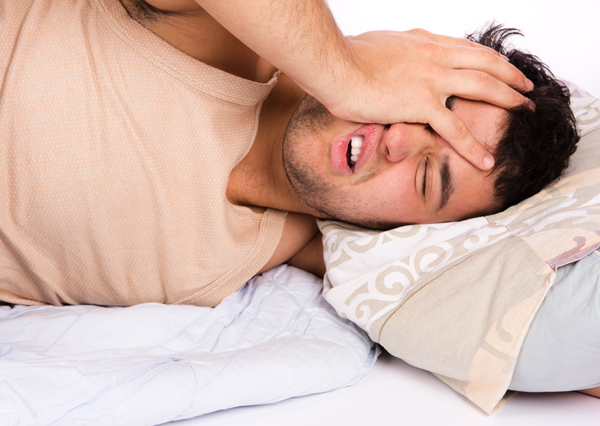Daylight-Saving Time Sleeping Tips
Don’t let this be you. Photo by FX Quadro/Shutterstock
Most of us are excited to reap the benefits of “springing forward,” but there is always that one drawback: losing an hour of sleep. Daylight-saving time may be controversial, but many of us love running and exercising outdoors, and that extra daylight in the evening hours makes it possible to do so safely after a long, cold winter. We asked Dr. Doug Kirsch, physician in the Department of Neurology and Division of Sleep Medicine at Brigham and Women’s Hospital, about how the shift in time can affect the body and mind in order to avoid the health consequences of not getting enough sleep.
Here are his tips to easily adjust to the time change:
- In the days leading up to the time change, try going to bed and waking up a bit earlier than usual to prepare your body for the hour you will lose. Remember that other family members, particularly children, may need some help in adjusting their schedule as well.
- Expose yourself to light (ideally, sunlight) as soon as you wake up. Seeing light first thing after waking up can help reset your body’s clock, so try eating breakfast in front of a window or making a walk part of your morning routine.
- Avoid stimulants like caffeine in the afternoon a few days before and after the time change. Try not to nap during this time as well, since napping can decrease your ability to sleep at night.
- Avoid driving if you are sleep deprived. If possible, take public transportation to work for a few days after the change. If you must drive, make sure to get a full night’s sleep each night and remain vigilant when on the road.
- Try to avoid stress, plan for a relaxing weekend, and be sure to take your regular medications. Even one hour of sleep deprivation has been associated with increases in the rate of heart attacks.
Kirsch says that daylight-saving time time can be an opportunity to establish an overall healthy sleep routine so you can feel your best year round. Here are his suggestions for getting a great night’s sleep, any time of year:
- Maintain a consistent sleep schedule to help regulate the body’s sleep cycle. Go to sleep and wake up at the same time daily, even on weekends.
- Avoid foods and drinks with caffeine, like tea, coffee, soda, and chocolate, in the late afternoon and evening as they can interfere with your ability to fall asleep.
- Create the perfect environment for sleep: dark, quiet, and cool. Try using an eye mask and ear plugs to block any light or sound that may distract you from falling asleep.
- Start a bedtime routine that includes at least 15 to 30 minutes of calming activities like reading or listening to relaxing music. Try not to do any work, including using your computer or watching television, close to bedtime and particularly not in your bedroom.
- Talk or write about any thoughts, stresses, or concerns in the daytime. Doing this at night can be stressful and negatively impact sleep.
- Avoid strenuous exercise right before bedtime. While exercise earlier in the day is good, exercising close to bedtime may make it more difficult to fall asleep.



